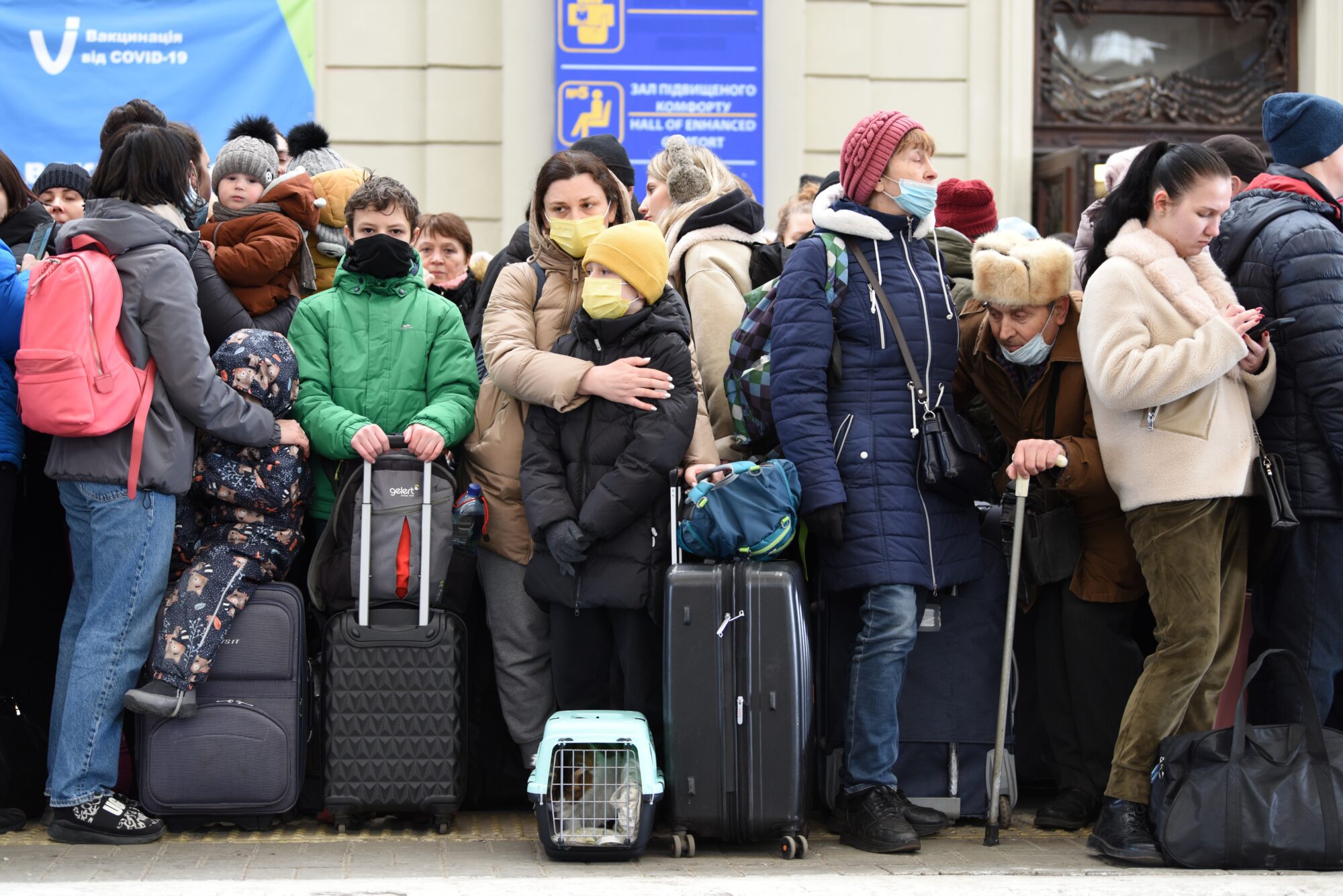
A new study has revealed that migrants from Ukraine who have traveled to Germany differ from other migrants—like those from the Middle East and Africa who arrived during the migrant crisis of 2015/16—drastically, since the vast majority are women, well-educated, wish to work, and are making genuine attempts to integrate.
The study, titled “Refugees from Ukraine in Germany – Escape, Arrival, and Life,” was carried out by the Institute for Labor Market and Occupational Research (IAB), the Federal Institute for Population Research, and the Federal Office for Migration and Refugees, and indicated, among other things, that 80% of Ukrainian refugees are women, 72% have university degrees, and nearly one-fifth (17%) of those who are working age have jobs, the Hamburg-based newspaper Der Spiegel reports.
The two cohorts— Ukrainian refugees and asylum seekers who came to Europe during the 2015/2016 migrant crisis—have gender ratios that are nearly opposite to one another.
As Pew Research reported in 2016:
Men made up nearly three-fourths (73%) of Europe’s asylum seekers in 2015. Refugees from leading origin countries such as Syria (71%), Iraq (75%), and Afghanistan (80%) were also predominately male in 2015.
About four-in-ten asylum seekers in Europe in 2015 (42%) were young men ages 18-34.
With respect to employment, of those Ukrainian refugees who have jobs, 71% pursue a career that requires a university or professional qualifications.
Commenting on the percentage of Ukrainian refugees who have already found employment, Herbert Brücker from Institute for Labor Market and Occupational Research (IAB) said: “We rate this proportion as relatively high … in comparison to previous experiences with other refugee groups.” Nearly 900,000 migrants, around half of those who arrived in Germany during the migrant crisis of 2015-2016, still live on social welfare benefits, official government data has revealed.
In 2021, the federal government spent nearly 22 billion euros on asylum seekers and costs associated with their social welfare and integration, as The European Conservative has previously reported.
Presently, and understandably given the small amount of time they have spent in Germany, an overwhelming majority of Ukrainians do not speak German. However, while only 5% said they already spoke German well, half of the Ukrainian refugees stated they were already attending German language courses.
According to Brücker, as language skills increase, the percentage of those who are employed will also more than likely increase considerably.
Another factor that clearly distinguishes Ukrainian refugees from those who have come claiming asylum in the past is that 48% of Ukrainians came with underage children, while the vast majority of those who have traveled from the Middle East and Africa have been single, childless, adult men.
Since the Russo-Ukraine War began on February 24th, more than 1 million Ukrainian refugees have been recorded in the central register of foreigners who have entered German territory.
The study, which collected data from August to October of this year, surveyed a total of 11,000 Ukrainians.
